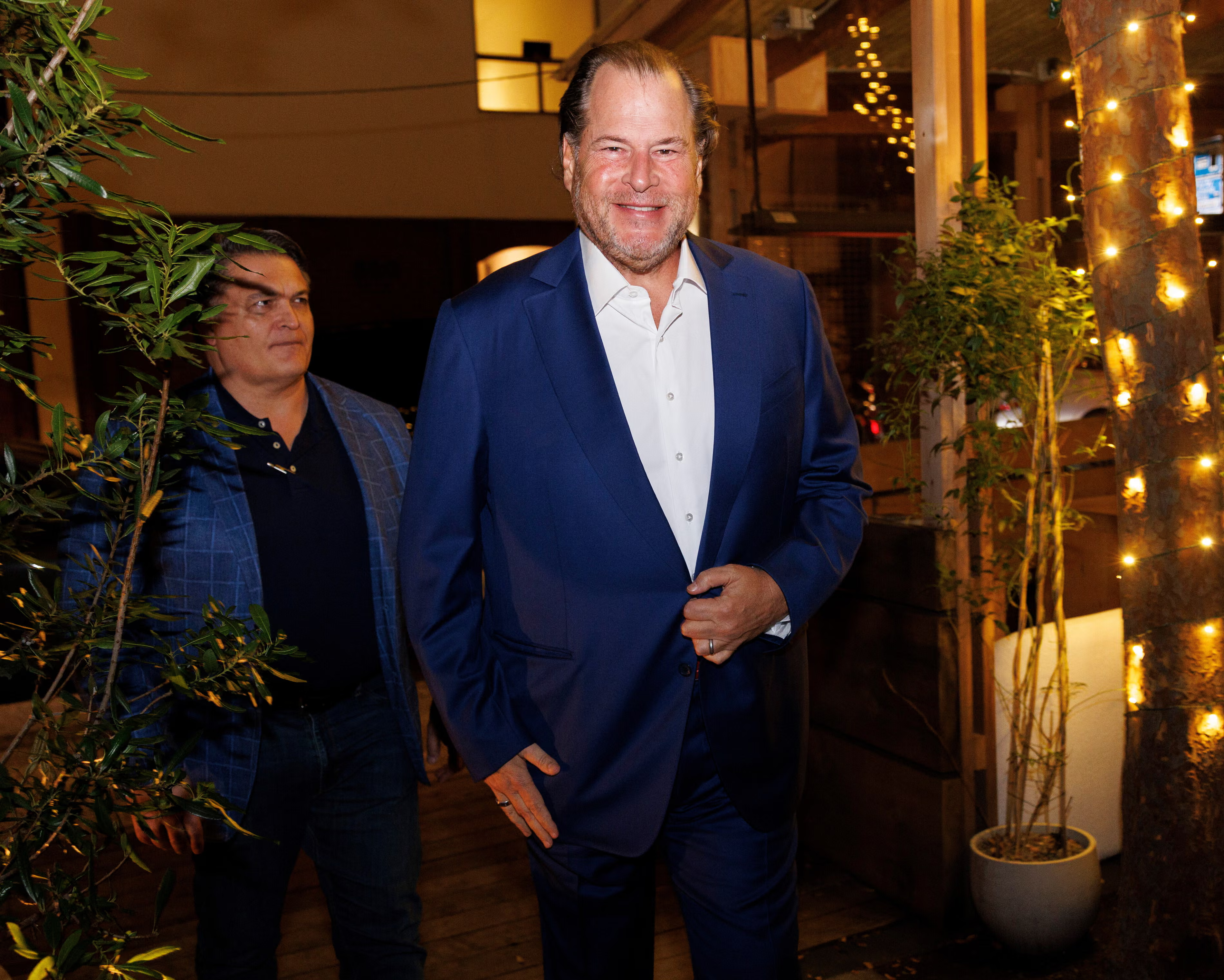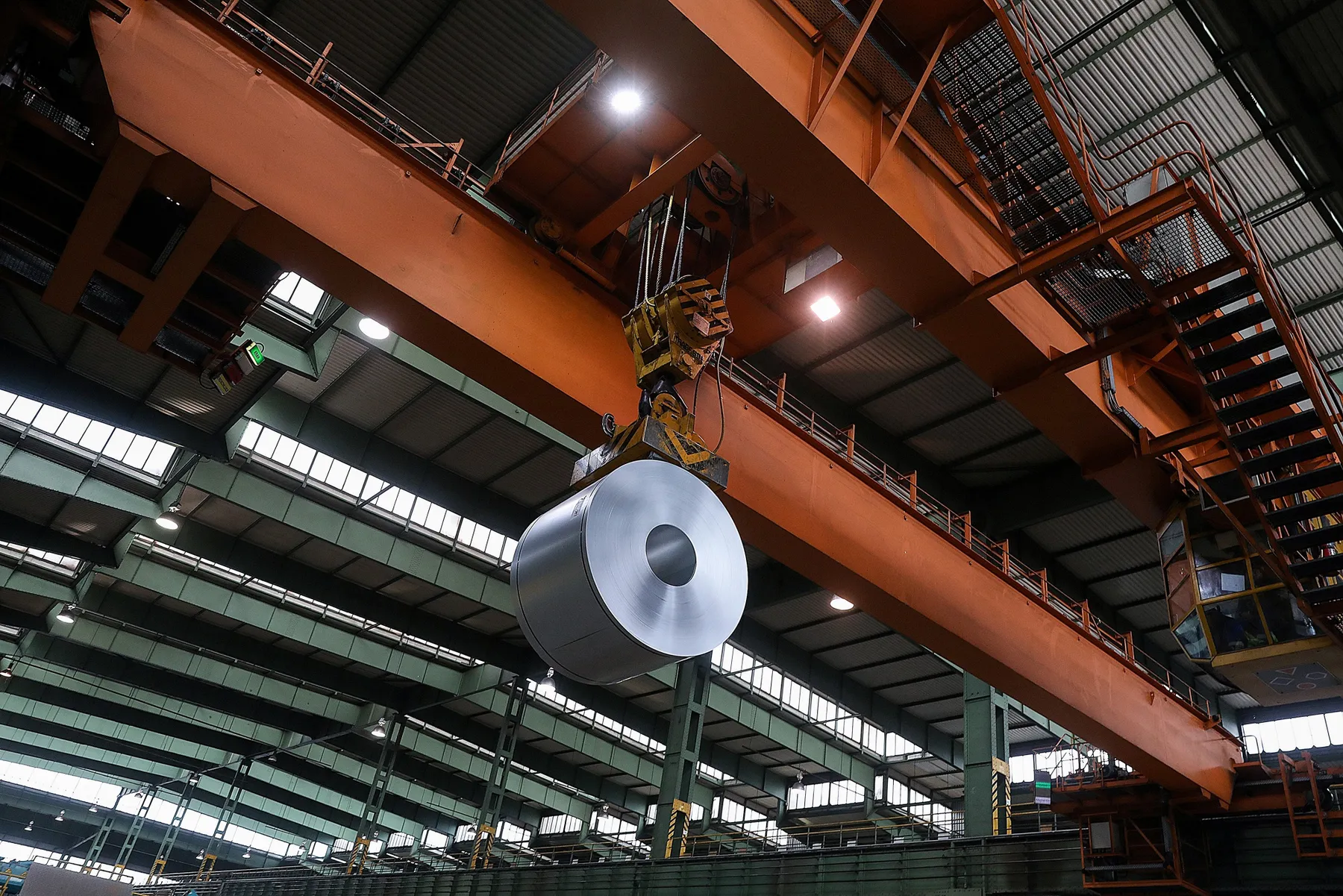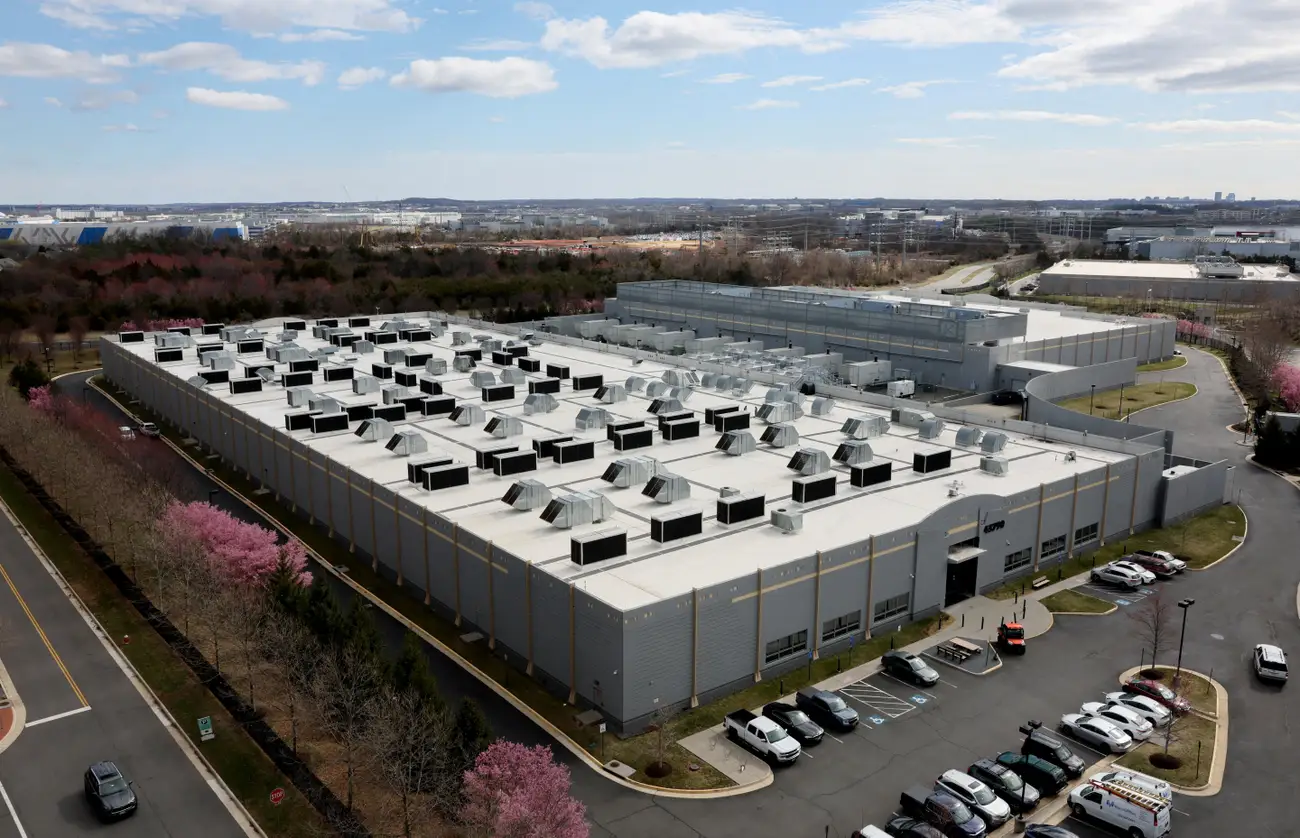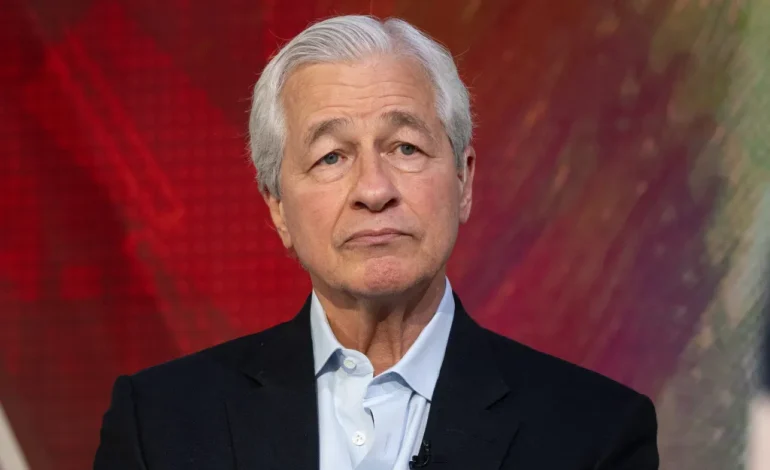JPMorgan Chase CEO Jamie Dimon is voicing concern that an increasingly unilateral approach to foreign policy and trade by the United States could undermine decades of Western cooperation and global stability, Fortune reports.
In recent remarks, Dimon cautioned that deteriorating alliances, particularly with Europe, could open the door for rival powers like China and Russia to gain influence, threatening democratic values and economic cohesion.
“I think the most important thing is that we don’t read a book in 40 years titled ‘How the West Was Lost,'” Dimon told the Financial Times.
While former President Donald Trump has championed a more aggressive “America First” strategy—often pressuring NATO allies to increase military spending and employing tariffs to leverage trade—Dimon warned these tactics may have unintended consequences. He argued that isolating allies or pushing them to fend for themselves could lead to a breakdown of established military and economic partnerships, particularly between the US and Europe.
Data from the Stockholm International Peace Research Institute (SIPRI) shows a stark disparity in defense spending: in 2023, the US allocated $916 billion to defense, or 3.4% of its GDP, compared to €326 billion ($370.5 billion) by the EU, representing just 1.9% of European GDP. Despite some European nations increasing their military budgets—like the UK, Germany, and France—few exceed 2.3% of GDP in defense spending.
Dimon acknowledged Europe’s need to invest more in both military and economic resilience but insisted that the US should focus on strengthening, not straining, transatlantic ties.
“They need to do more,” he said of Europe’s economy. “GDP per person in Europe has dropped from something like 70% of America to 50%, it’s not sustainable. I think Europe has already recognized it needs to change its own rules, regulations and guidelines if they want to go faster.”
In a recent letter to JPMorgan shareholders, Dimon extended this concern beyond military metrics, warning that Western economic fragmentation could push smaller nations to align with global competitors.
“If Europe’s economic weakness leads to fragmentation, each nation will need to seek out its own relationships to secure its future,” he wrote. “Such moves would ultimately make these countries far more reliant on China and Russia—over time effectively making them vassal states.”
While he supports the idea of “America First,” Dimon drew a clear line at abandoning alliances.
“America First is fine, as long as it doesn’t end up being America alone,” he said.
Dimon, who plans to step down from JPMorgan within the next five years, remains optimistic about US economic strength but warned against complacency. He emphasized that military and economic dominance cannot be taken for granted and that preserving democracy and Western unity must remain a strategic priority.
“I’m not worried about the markets as much as I am about keeping the Western world together, free and safe for democracy,” Dimon said. “No one should assume they have a divine right to success. I would never take anything for granted.”










The latest news in your social feeds
Subscribe to our social media platforms to stay tuned